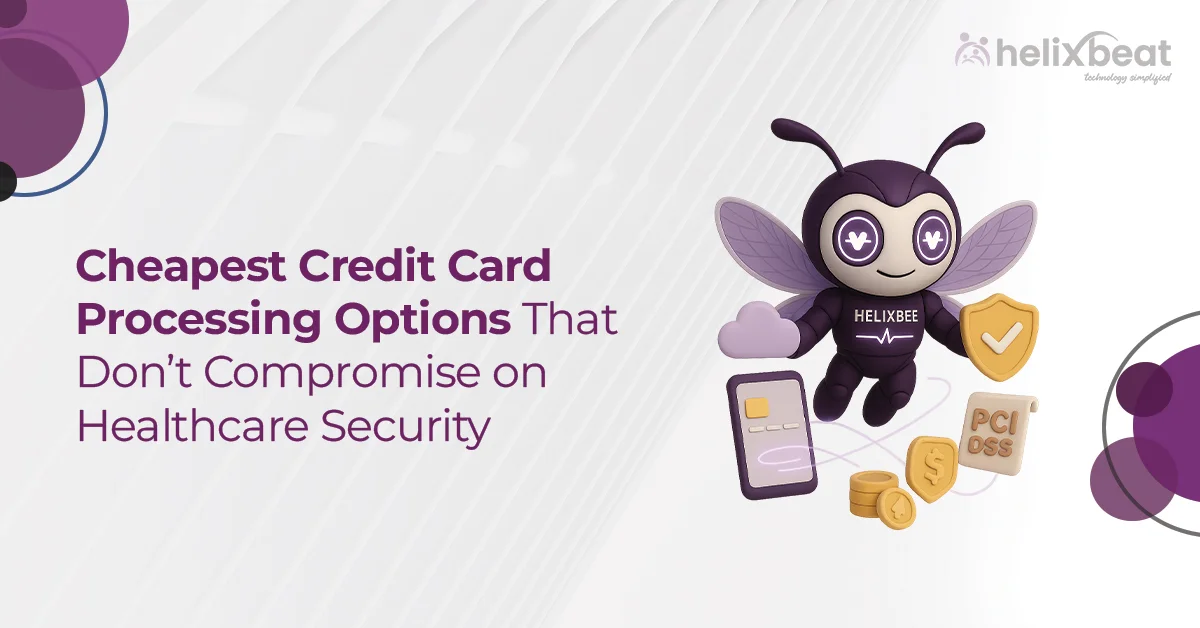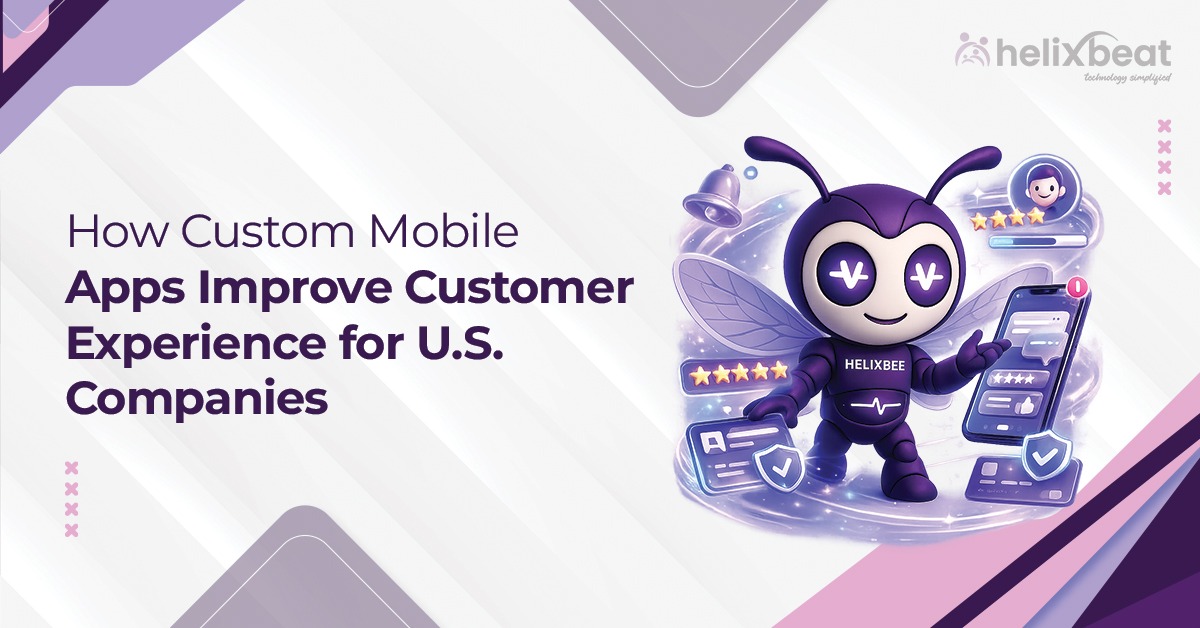Cheapest credit card processing—sounds like you’re cutting costs, right? However, in healthcare, there’s a persistent myth that using an affordable payment gateway compromises security. Let me break it down for you: most healthcare providers spend up to 15% of their revenue just to secure patient payments and safeguard sensitive data. That’s a huge chunk!
Here’s the reality: you don’t have to spend a fortune to keep your patients’ financial and medical information safe. Just like when you buy a budget-friendly car and still expect airbags, anti-theft systems, and airbags, cheap payment processing can be secure if it’s designed for healthcare.
The challenge is real—manual billing errors, delayed insurance reimbursements, complex EHR integrations, and constantly worrying about HIPAA and PCI-DSS compliance. These are daily pain points that drain time, money, and energy.
The good news?
Modern healthcare payment solutions, like PAYNOVA, are proving that affordable doesn’t mean unsafe, offering cost-effective processing without sacrificing security, flexibility, or patient trust.

Table of Contents
The Real Risk: Even Expensive Processors Can Be Vulnerable
In April 2025, cybersecurity experts uncovered a sophisticated web skimmer campaign exploiting a legacy Stripe API, a widely used payment processor. This API was deprecated in May 2024, but many merchants continued to use it. Hackers exploited this outdated system to validate stolen card information before exfiltrating it, ensuring only valid data was sent to them.
As a result, 49 merchants were compromised, and only 15 managed to remove the malicious scripts in time. This campaign had been active since at least August 2024 (The Hacker News).
This incident proves a vital lesson: the most expensive solution does not guarantee immunity from cyber threats. Even premium gateways like Stripe can become weak if they are not proactively updated. Healthcare providers must look beyond the price tag and prioritize robust security, frequent system updates, and proper integration.
Why Healthcare Payment Security is Non-Negotiable
Healthcare providers handle some of the most sensitive data imaginable—from detailed medical histories and insurance details to payment information. Protecting this data isn’t optional; it’s a legal and ethical obligation. This is where HIPAA and PCI-DSS compliance come into play, forming the backbone of secure healthcare payments.
Understanding HIPAA Compliance
HIPAA (Health Insurance Portability and Accountability Act) sets strict rules for the protection of patient health information (PHI). Any payment gateway that handles patient billing must ensure:
- Encryption of data in transit and at rest to prevent unauthorized access.
- Access controls, allowing only authorized personnel to view sensitive information.
- Audit trails to monitor access and detect suspicious activity.
- Business Associate Agreements (BAA) to ensure that third-party processors also comply with HIPAA standards.
Failing to comply with HIPAA isn’t just a technical lapse—it can result in fines up to $50,000 per violation, criminal penalties, and significant reputational damage for your practice.
Understanding PCI-DSS Compliance
PCI-DSS (Payment Card Industry Data Security Standard) applies to any business that accepts credit or debit card payments. It ensures that cardholder data is stored, processed, and transmitted securely. Key requirements include:
- Strong encryption for all card data.
- Secure storage and tokenization to prevent theft.
- Regular vulnerability assessments and network security testing.
Without PCI-DSS compliance, healthcare providers risk data breaches, financial liability for fraudulent transactions, and potential termination by payment networks.
Consequences of Non-Compliance
If a cheapest credit card processing solution or any online payment provider isn’t HIPAA or PCI-DSS compliant, the risks are severe:
- Legal Penalties: Heavy fines from regulatory bodies for violating HIPAA or PCI rules.
- Financial Losses: Costs from fraud, chargebacks, and remediation efforts.
- Patient Trust Damage: Losing patients’ confidence can have long-term business implications.
- Reputation Risk: Publicized breaches can harm the credibility of your practice permanently.
Even high-cost gateways aren’t immune, as seen in the April 2025 Stripe API breach, where outdated systems were exploited despite premium pricing. This reinforces that cheap payment processing can be both secure and reliable if the provider prioritizes compliance and proactive security measures.
What to Look for in the Cheapest Credit Card Processing
Not all payment gateways are created equal. When searching for cheap payment processing options, consider the following factors:
1. Security & Compliance
Look for gateways that are HIPAA and PCI-DSS compliant. This ensures that patient data is encrypted, stored securely, and processed in line with industry regulations.
2. Multiple Payment Methods
Patients should have flexibility—credit/debit cards, FSA/HSA government-issued debit cards, ACH transfers, and digital wallets. Solutions offering portable credit card processing or mobile payment options can improve convenience and reduce late payments.
3. Integration Capabilities
A great payment processor integrates seamlessly with your EHR and PMS systems. Automated billing reduces errors, speeds up reimbursement, and lowers administrative costs.
4. Fraud Prevention
Advanced fraud detection tools are critical. Even the cheapest credit card processing can provide tokenization, secure storage, and AI-powered fraud alerts to prevent breaches like the Stripe incident.
5. Transparent Pricing
Avoid hidden fees. Look for providers offering flat rates or interchange-plus pricing, which ensures predictability and helps manage costs effectively.
Top Cheapest credit card processing for healthcare without compromising security
Here’s a breakdown of some of the best cheapest credit card processing options that combine affordability with high security:
1. PAYNOVA
PAYNOVA is designed for healthcare providers who want secure payment solutions without exorbitant fees. It’s HIPAA and PCI-DSS compliant, integrates with major EHR and PMS platforms, and supports both online payment providers and in-person card payments. Its fraud prevention systems and real-time alerts help avoid breaches.
Features:
- Supports credit/debit, ACH, FSA/HSA, and mobile wallets
- Transparent pricing, no hidden fees
- Recurring payment and payment plan options
- Integration with major EHR/PMS systems
- Real-time reporting and analytics
2. Chase Payment Solutions
Known for strong EHR integrations via InstaMed, Chase ensures secure transactions and same-day deposits. While not the cheapest on the market, its transparent pricing and healthcare-specific features make it a solid choice.
3. Square
Square offers full HIPAA compliance, FSA/HSA support, and versatile top mobile credit card processing. It’s ideal for smaller to mid-sized practices, though high-volume transactions may become costly.
4. Stax
Designed for large-volume healthcare businesses, Stax uses interchange-plus pricing, integrates with EHR systems, and offers 24/7 support. Its focus on portable credit card processing ensures flexibility in various healthcare settings.
5. PaymentCloud
Perfect for telemedicine or high-risk healthcare providers, PaymentCloud supports tailored solutions and strong fraud protection. Although pricing is slightly higher, it demonstrates that secure payment processing is achievable even for niche providers.
Advantages of Choosing Affordable & Secure Payment Processing
Selecting the right cheapest credit card processing solution offers multiple benefits:
Streamlined Billing & Faster Cash Flow
Automated systems reduce manual errors and delays. Recurring payment options and integration with online payment providers ensure consistent revenue streams and improved cash flow.
Enhanced Patient Experience
Patient portals, flexible payment methods, and mobile options like top mobile credit card processing simplify transactions. Clear, itemized billing reduces confusion and late payments.
Reduced Administrative Burden
Automated insurance verification, claims processing, and payment reconciliation free staff to focus on patient care instead of chasing payments.
Improved Financial Reporting
Real-time analytics on payments, reimbursements, and outstanding balances allow better financial planning and decision-making.
Security & Fraud Prevention
HIPAA-compliant encryption, PCI-DSS compliance, and AI-powered fraud alerts prevent breaches. The Stripe API incident proves that even costly solutions can fail without proactive security updates.
Portable & Mobile Payment Processing for Modern Healthcare
Healthcare is increasingly mobile. Providers need portable credit card processing options to accept payments at patient bedsides, pop-up clinics, or telemedicine sessions. Modern affordable gateways like PAYNOVA and Square allow healthcare providers to process payments securely anywhere, without compromising HIPAA or PCI-DSS standards.
Benefits:
- Accept payments via smartphones, tablets, or portable terminals
- Enable top mobile credit card processing for on-the-go transactions
- Provide patients with flexible options, including FSA/HSA cards and digital wallets
- Maintain the same level of security as traditional in-office systems
Dispelling the Myth: Security Doesn’t Require High Cost
The Stripe API breach in April 2025 is a stark reminder: high cost doesn’t guarantee security. Legacy systems, outdated software, and insufficient monitoring make even premium providers vulnerable.
Affordable online payment providers like PAYNOVA show that cheapest credit card processing solutions can be:
- Fully HIPAA and PCI-DSS compliant
- Secure against fraud and cyberattacks
- Flexible for mobile, online, and in-person payments
- Integrated with modern EHR and PMS systems
By prioritizing compliance, encryption, and proactive updates, healthcare providers can save costs without compromising patient security.
Choosing the Right Gateway
When selecting cheap payment processing for your healthcare practice, consider:
- Security & Compliance: Ensure HIPAA and PCI-DSS compliance.
- Integration: Seamless connection with your EHR/PMS system.
- Flexibility: Support for multiple payment methods and portable credit card processing.
- Transparency: Clear pricing and minimal hidden fees.
- Proactive Updates: Providers must keep software up-to-date to avoid vulnerabilities.
Final Thoughts
Healthcare payment security is non-negotiable, but that doesn’t mean you have to overspend. Cheapest credit card processing solutions can offer top-tier security, flexibility, and convenience. Providers like PAYNOVA prove that affordability and compliance can go hand-in-hand.
Remember, the most expensive payment gateway is not always the safest. The key is choosing a provider that prioritizes HIPAA and PCI-DSS compliance, regularly updates its systems, and employs strong fraud prevention measures. When done right, you can protect your patients, streamline billing, and maintain healthy cash flow—without spending a fortune.
So, next time you think “cheap” means compromising on security, think again. The right online payment providers, portable credit card processing, and top mobile credit card processing solutions ensure that your healthcare practice remains both secure and cost-efficient.
FAQs
1. What is the cheapest credit card processing for healthcare?
Cheapest credit card processing refers to affordable payment gateways that comply with HIPAA and PCI-DSS, offering secure transactions without high fees.
2. Are cheap payment processing options safe for patient data?
Yes, modern solutions like PAYNOVA provide encryption, fraud detection, and compliance, ensuring patient payment and health data remain secure.
3. What features should I look for in online payment providers for healthcare?
Look for HIPAA/PCI-DSS compliance, EHR/PMS integration, fraud prevention, multiple payment methods, and transparent pricing.
4. Can portable credit card processing be secure?
Absolutely. Top portable credit card processing solutions maintain encryption, tokenization, and compliance, allowing safe mobile transactions.
5. Do I have to spend a lot for top mobile credit card processing?
Not necessarily. Affordable gateways offer top mobile credit card processing with the same level of security as premium providers.
6. What happens if a healthcare payment processor is not compliant?
Non-compliance with HIPAA or PCI-DSS can lead to fines, reputational damage, fraud liability, and loss of patient trust.














